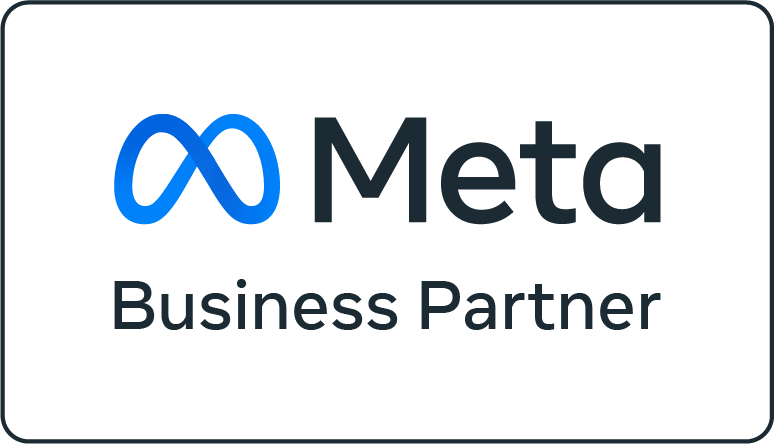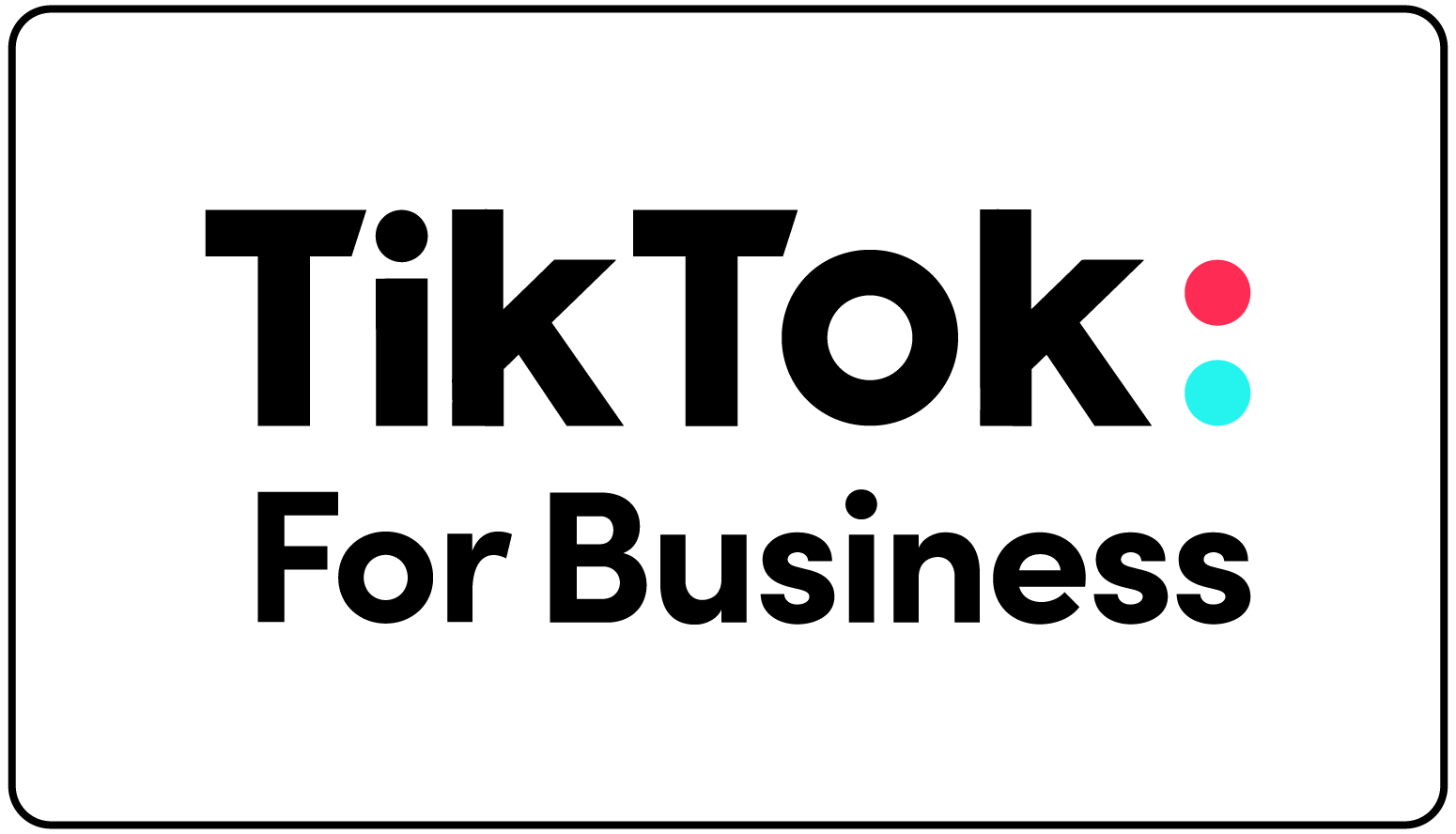In the world of online advertising, Facebook has emerged as a powerful tool for businesses of all sizes. With a user base that spans the globe, Facebook offers an unparalleled opportunity to connect with consumers and drive conversions. However, capturing and utilizing user data has become increasingly complex with the advent of privacy regulations and the rise of ad-blocking technologies. To stay ahead of these challenges, businesses must constantly innovate, and one such innovation is the Facebook Conversions API.
Understanding Facebook Conversions API
As outlined in our comprehensive guide to paid social, the Facebook Conversions API is a tool that allows businesses to send user data directly to Facebook servers, bypassing the need for tracking cookies or other third-party tools. This means that businesses can collect and analyze user data in a more seamless and secure way, even in the face of new privacy regulations like GDPR and CCPA.
What is Facebook Conversions API?
The Facebook Conversions API is a powerful tool that allows businesses to send precise information about website and app events to Facebook servers. By doing so, businesses can gain a more thorough and accurate understanding of user behavior, which can inform and improve advertising campaigns.
For example, a business can use the Conversions API to track when a user makes a purchase on their website or app. This information can then be used to create more targeted and effective ads for similar products or services, or to retarget users who have shown interest in a particular product or service.
The Conversions API can also be used to track other user actions, such as signing up for a newsletter, adding items to a cart, or completing a form. By tracking these actions, businesses can gain a better understanding of how users interact with their website or app, and can make informed decisions about how to improve the user experience.
How does it differ from Facebook Pixel?
While Facebook Pixel is a cookie-based tracking tool that collects user data through the user’s browser, the Conversions API sends data directly from a business’s server to Facebook’s server. This means that the Conversions API is less reliant on tracking cookies, which are easily blocked by users who have installed ad-blockers or other privacy tools.
In addition, the Conversions API allows businesses to track more types of user actions than Facebook Pixel. While Pixel can only track events that occur on a business’s website, the Conversions API can also track events that occur in a business’s app or offline, such as in-store purchases or phone orders.
Overall, the Facebook Conversions API is a powerful tool that allows businesses to collect and analyze user data in a more seamless and secure way. By using the Conversions API, businesses can gain a more thorough understanding of user behavior, which can inform and improve advertising campaigns.
Benefits of Using Facebook Conversions API
Facebook Conversions API is a powerful tool that businesses can use to gain a more accurate understanding of user behavior and interactions with their website or app. By sending user data directly to Facebook servers, businesses can unlock a range of benefits that can help them improve their advertising campaigns and make better-informed product development decisions.
Improved Data Accuracy
One of the key benefits of using Facebook Conversions API is the improved data accuracy it provides. By bypassing the need for tracking cookies or other third-party tools, businesses can gain a more accurate understanding of user behavior and interactions with their website or app. This can help them create more targeted and effective advertising campaigns that are better aligned with consumer behavior and preferences.
For example, a business that sells fitness products might use Conversions API to track user behavior on their website. By analyzing this data, they could identify which products are most popular, which pages are most frequently visited, and which types of users are most likely to make a purchase. Armed with this information, the business could create targeted advertising campaigns that are more likely to convert and drive sales.
Enhanced Privacy Compliance
Another key benefit of using Facebook Conversions API is enhanced privacy compliance. With the rise of privacy regulations like GDPR and CCPA, businesses must take extra care to protect user data and maintain compliance. By using Conversions API, businesses can collect and analyze user data in a more secure and compliant way, without relying on tracking cookies or other third-party tools.
This can help businesses avoid potential fines or legal action, while also building trust with their customers by demonstrating a commitment to privacy and data protection.
Greater Customization and Flexibility
The Conversions API also offers greater customization and flexibility in the types of data businesses can collect and analyze. This can help businesses gain a more nuanced understanding of user behavior and preferences, which can lead to more targeted and effective advertising campaigns.
For example, a business might use Conversions API to track user behavior on their website, including which products are viewed, which pages are visited, and which types of users are most likely to convert. This data could then be used to create highly targeted advertising campaigns that are tailored to specific user segments, driving higher engagement and conversion rates.
Reducing Reliance on Browser Cookies
Finally, using Facebook Conversions API can help businesses reduce their reliance on tracking cookies, which are becoming increasingly ineffective as users become more aware of their presence and choose to block them.
By collecting and analyzing user data directly, businesses can maintain a more accurate understanding of user behavior and preferences, without relying on tracking cookies or other third-party tools. This can help them create more effective advertising campaigns and drive higher engagement and conversion rates.
In summary, Facebook Conversions API is a powerful tool that businesses can use to gain a more accurate understanding of user behavior and preferences. By improving data accuracy, enhancing privacy compliance, offering greater customization and flexibility, and reducing reliance on tracking cookies, Conversions API can help businesses create more targeted and effective advertising campaigns, while also building trust with their customers and maintaining compliance with privacy regulations.
Setting Up Facebook Conversions API
Facebook Conversions API is a powerful tool that allows businesses to track customer actions on their website or app. With the Conversions API, businesses can collect data on customer behavior, optimize ad targeting, and measure the effectiveness of their advertising campaigns. However, implementing the Conversions API can be a complex process. In this article, we will explore the prerequisites for implementation, provide a step-by-step guide to integration, and discuss testing and troubleshooting.
Prerequisites for Implementation
Before implementing the Conversions API, businesses must have a Facebook Business Manager account. This account allows businesses to manage their Facebook pages, ad accounts, and other Facebook assets. In addition, businesses must have a Facebook pixel installed on their website or app. The Facebook pixel is a piece of code that tracks customer actions on the website or app, such as purchases or sign-ups. Finally, businesses must have knowledge of server-side code. This code is used to send data from the website or app to Facebook.
Step-by-Step Guide to Integration
Integrating the Conversions API requires a multi-step process. The first step is to set up event mapping. Event mapping is the process of mapping customer actions on the website or app to specific events in the Conversions API. For example, a purchase on the website may be mapped to the “Purchase” event in the Conversions API. The second step is to create server-to-server connections. These connections allow the website or app to send data to Facebook in real-time. Finally, businesses must verify event data to ensure that it is accurate and complete.
Facebook provides detailed instructions and resources for businesses to successfully integrate the Conversions API. These resources include documentation, code samples, and support from Facebook engineers. Businesses should carefully review these resources and follow the instructions to ensure a successful implementation.
Testing and Troubleshooting
As with any new implementation, businesses should thoroughly test and troubleshoot the Conversions API to ensure accurate and effective data collection. Facebook provides tools and support to assist businesses in this process. The Facebook Pixel Helper is a browser extension that allows businesses to test the Facebook pixel and Conversions API on their website. In addition, Facebook provides a Conversions API Test Events tool that allows businesses to test their Conversions API events before they go live.
If businesses encounter issues during testing or implementation, Facebook provides support through their Business Help Center. Businesses can submit a support request and receive assistance from Facebook engineers. In addition, Facebook has a community of developers and advertisers who can provide advice and guidance.
In conclusion, implementing the Facebook Conversions API can be a complex process, but with the right resources and support, businesses can successfully track customer actions and optimize their advertising campaigns. By following the step-by-step guide and testing thoroughly, businesses can ensure accurate and effective data collection.
Optimizing Your Facebook Ad Campaigns with Conversions API
Leveraging Data for Better Targeting
By utilizing the Conversions API, businesses can gain a more thorough and accurate understanding of user behavior and preferences. This data can be used to inform and improve targeted advertising campaigns, leading to higher conversions and better ROI.
Measuring and Analyzing Performance
The Conversions API provides businesses with more robust data that can be used to measure and analyze advertising performance. This can inform future campaign decisions and lead to more effective spending of advertising dollars.
Adjusting Campaigns Based on Insights
With a more accurate understanding of user behavior and preferences, businesses can adjust advertising campaigns in real-time to better align with user needs and preferences. This can lead to increased engagement and loyalty from consumers.
Conclusion
The Facebook Conversions API is a powerful tool that can help businesses stay ahead of changing privacy regulations and user behaviors. By collecting and analyzing user data in a more secure and accurate way, businesses can improve advertising campaigns and build stronger relationships with consumers. With careful planning and implementation, businesses can unlock the full potential of the Conversions API and take their advertising campaigns to the next level.




